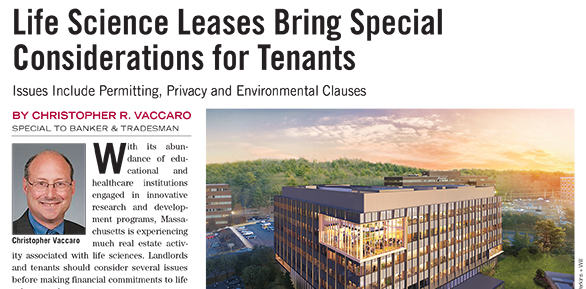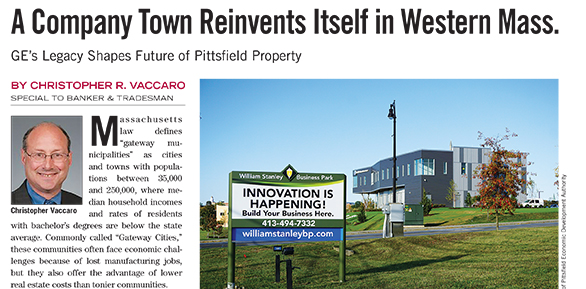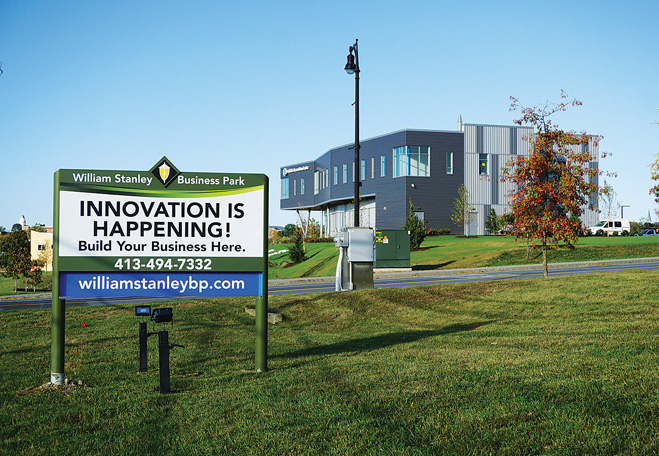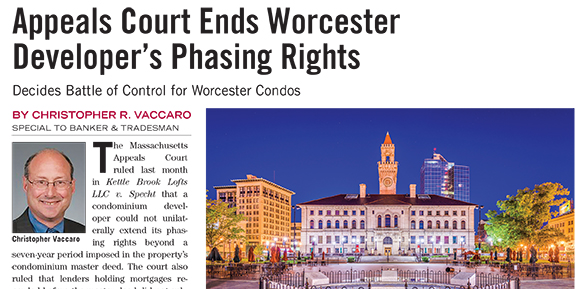ANDOVER, MASSACHUSETTS – May 4, 2022 – Dalton & Finegold, LLP, a Massachusetts based law firm specializing in real estate law, estate planning, and litigation, is thrilled to announce our continued expansion with the addition of a partner, two associates, and an Amesbury office with seasoned support staff. Adding the firm of Healey, Deshaies, Gagliardi and Woelfel brings additional experience and expertise to serve our growing client base and provides another convenient office location.
Paul J. Gagliardi joins as a Partner with 45 years of experience in real estate law, estate planning, estate administration, and business law. He began his law career in Amesbury where he was a partner in a highly regarded law firm and an active member of the Amesbury Lions Club and Amesbury Chamber of Commerce. Gagliardi is a member of the Massachusetts Bar Association.
“Looking toward the future it is important for us to be part of a well-respected law firm capable of continuing to represent our clients in Massachusetts and in New Hampshire. Our team is excited to join Dalton & Finegold, a full-service, client focused firm,” said Paul J. Gagliardi.
Two experienced associates, Attorneys Harold O. Beede and Althea B. Volper, and a full support staff are also joining our team. Beede, a member of both the Massachusetts and New Hampshire Bar Association, has been practicing law since 1991 and will focus on litigation. Volper is a member of the Massachusetts Bar Association, has been practicing law since 2007, and joins our growing estate planning team.
“The addition of Gagliardi, Beede, Volper, and their staff is a complimentary fit with our client centered mission and areas of practice. We look forward to a smooth integration and the ability to successfully serve our growing client base,” said Bill Dalton, Co-Founder and Partner of Dalton & Finegold.
“Our mission has always centered on providing our referral partners and clients with exceptional, personalized legal service. This addition brings three highly skilled, well-respected attorneys to our team and will allow us to meet the increasing demand for our services while continuing to deliver the level of service our clients expect,” said Barry Finegold, Co-Founder and Managing Partner of Dalton & Finegold. “With a strong support staff already in place, we are also able to provide our clients an additional service location in Amesbury”.
About Dalton & Finegold, LLP
Dalton & Finegold, LLP specializes in residential and commercial real estate law, estate planning, probate administration, business law, and litigation. Headquartered in Andover, Massachusetts, with offices in Boston, Concord, Marlborough, Manchester, and Nashua, we have been providing exceptional service to our clients for over 20 years. Learn more at dfllp.com.
###
CONTACT: Anne Webster, COO | Phone: (978) 470-8400 | Email: awebster@dfllp.com



 Boston, MA (March 28, 2022) — The Boston Business Journal has named Dalton & Finegold, LLP to its exclusive 2022 Fast 50 list, which represents the 50 fastest-growing private companies in Massachusetts.
Boston, MA (March 28, 2022) — The Boston Business Journal has named Dalton & Finegold, LLP to its exclusive 2022 Fast 50 list, which represents the 50 fastest-growing private companies in Massachusetts.
 Issues Include Permitting, Privacy and Environmental Clauses
Issues Include Permitting, Privacy and Environmental Clauses





